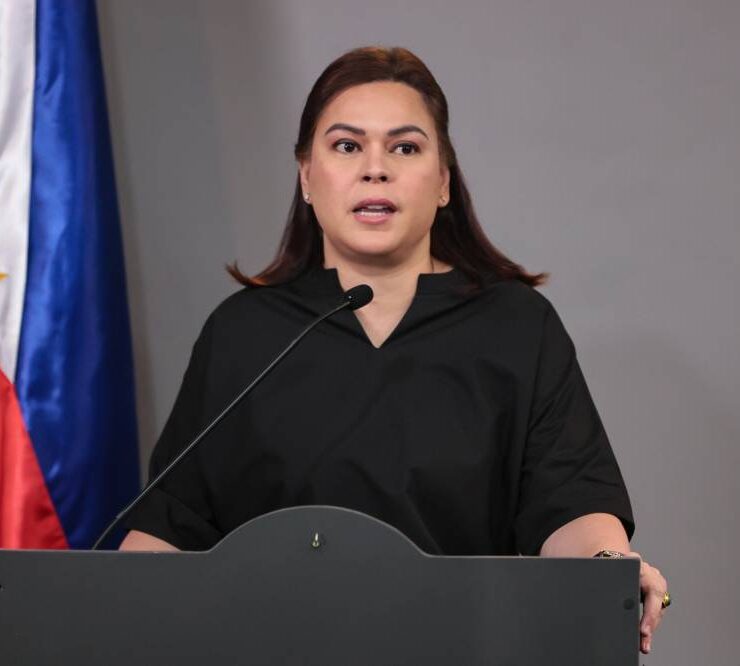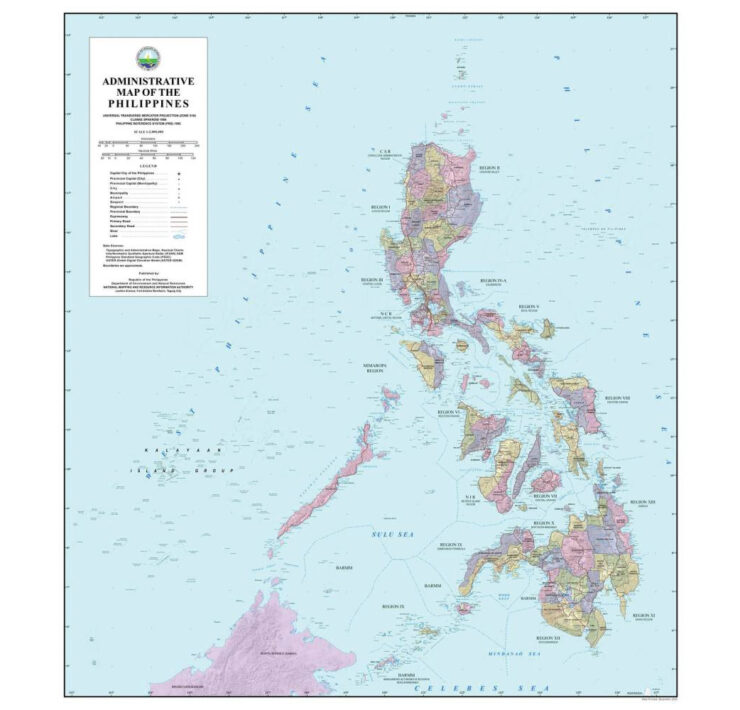NBI files raps vs vloggers outside PH for disinfo

Four vloggers based abroad are facing multiple complaints at the Department of Justice (DOJ) for allegedly spreading disinformation through spliced videos of National Bureau of Investigation Director Jaime Santiago, misrepresenting his statements about the potential arrest of overseas Filipino worker (OFW) vloggers spreading false information.
In a complaint affidavit filed by NBI Intelligence Service agent Mikhail Sebrio on Tuesday, Maricel Tondi, Jennifer dela Cruz, Jacinta Cayme Antasuda, and Cherry Lyn David Capanas were charged with violations of several provisions of the Revised Penal Code, namely the Anti-Alias Law under Article 178, unlawful use of means of publication and unlawful utterances under Article 154, intriguing against honor under Article 364, and inciting to sedition under Article 142. These charges are all in relation to Section 6 of Republic Act No. 10175, or the Cybercrime Prevention Act of 2012.
According to the complaint, Tondi, who is currently in Saudi Arabia, was identified as the originator of the spliced video that falsely implied Santiago was threatening all OFWs with arrest.
Dela Cruz, who is based in New Zealand, allegedly shared the same spliced video on her OFW-focused Facebook page, which has more than 202,000 followers, amplifying its reach and influence.
Antasuda, reportedly in the United Kingdom based on overseas voter records, was found to have a verified Facebook badge and an established public persona and the complaint said that her online presence may have “lent credibility to the content, despite its misleading nature.”
Lastly, Canada-based Capanas’ post was said to have gone extremely viral—garnering millions of views and thousands of shares—with the NBI alleging that she profited from the content.
Social media posts
The investigation began after Sebrio, while conducting cyber patrol on April 8, came across several TikTok posts that linked to a user named “wild.flower269 Bae Lebon Blaan.”
The account had uploaded “what appears to be a legitimate full statement of NBI Director Jaime Santiago in an interview, if unknown to viewers of the original statement.”
In the original video, Santiago said he had directed the NBI’s technical intelligence and cybercrime divisions to take action against trolls, including US-based Maharlika, who he said may face charges in the Philippines.
“We will ask for help from Interpol—arrest that fool there, bring her here to the Philippines. Those who are here in the Philippines, we will arrest; those who are abroad, we will file cases… they will not be able to return home here, they will not be able to visit their families, as soon as they arrive at [Ninoy Aquino International Airport], we will arrest them,” Santiago said.
However, Sebrio noted that the edited video was transcribed as follows:
“Yong mga andito sa Pilipinas arestuhin namin! Yung mga nasa abroad, [we] will file a case di na sila makakauwi dito, hindi na sila makakadalaw sa kanilang mga pamilya nila, pagdating palang sa Naia aarestuhin na namin sila!” (Those who are here in the Philippines—we will arrest them! Those who are abroad—we will file cases against them so they won’t be able to return, they won’t be able to visit their families. The moment they arrive at Naia, we will arrest them right away.)
Targeting trolls
Sebrio emphasized that the NBI director’s original statement referred only to OFWs who are actively engaged in spreading false information, not all overseas workers.
He said the manipulated version “tends to cause discredit, dishonor or contempt,” and noted that the viral content also carried a remark indicating that the government is threatening OFWs who are helping the economy.
He added that thousands reacted to the post and that the misleading video has caused confusion, drawing over 12,000 negative comments from Filipinos around the world, many of whom rely on social media for news about the Philippines.
“Clearly the intention of the viral video post was maliciously published to cause disinformation to the public which tends to cause hate and to discredit the government and its duly constituted authorities,” Sebrio said.
On the Anti-Alias Law violation, Sebrio said aliases are allowed only for economic, entertainment, or athletic purposes, or when authorized by a court.
“Here, the respondents demonstrated an intention to conceal their true identity by using different social media accounts with a name that cannot be linked to their personal circumstances and to achieve an evil purpose, to malign, discredit and cause hatred to their intended target [the NBI director] by spreading false information/news. Their true identities were only revealed due to joint efforts of this office to discover the same,” the complaint noted.
As for inciting to sedition, Sebrio said the respondents’ acts violated the law because the viral video led to the circulation of “scurrilous libels against the government and/or the duly constituted authorities thereof,” particularly the NBI director.





















